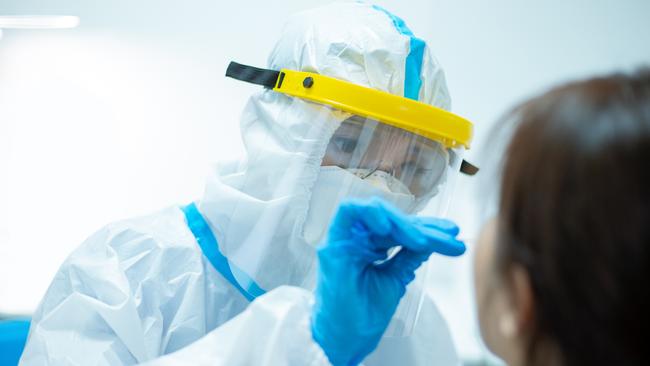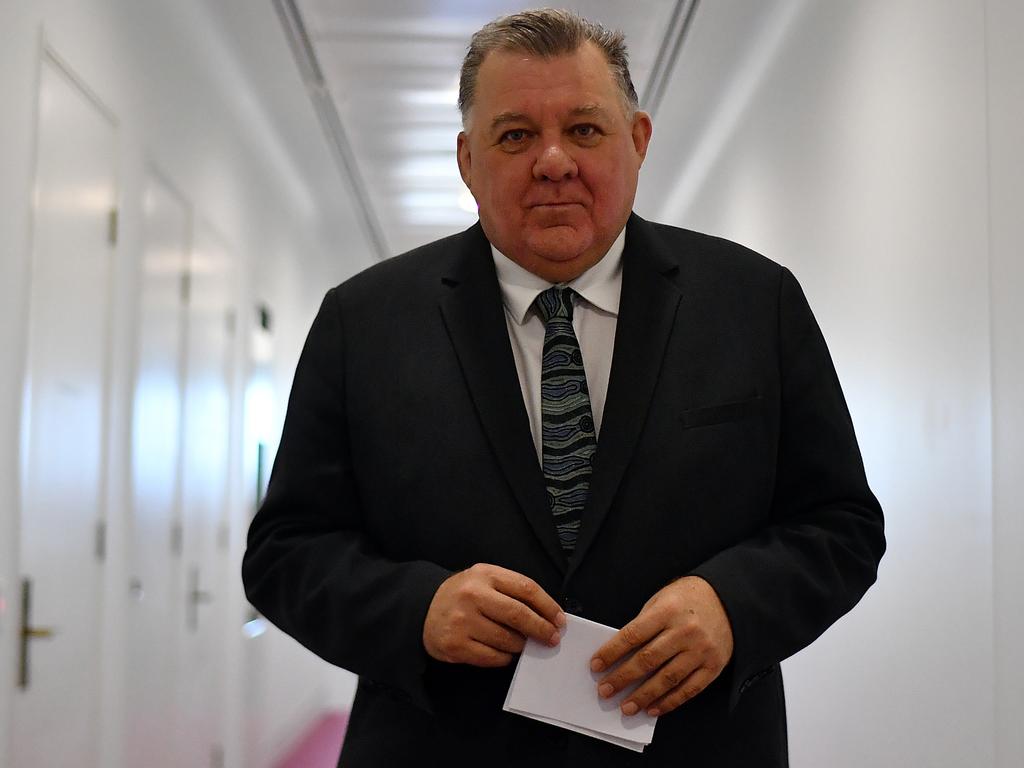Coronavirus: New mutant strain discovered that weakens vaccine
A new COVID-19 variant with a worrying cluster of mutations has been identified in 11 countries.

A new variant of the coronavirus with a worrying cluster of mutations has been identified in the UK, leading to calls for further enhanced testing to contain its spread.
The variant, known as B1525, has been identified 33 times, according to University of Edinburgh researchers. It was first spotted in the UK on December 15 and then about two weeks later in Nigeria. It contains the E484K mutation, which appears to lessen the effectiveness of existing vaccines and is also seen in strains of the virus that appear to have originated in South Africa and in Manaus in Brazil.
It also contains two mutations known as deletions. One has shown signs in laboratory tests of increasing the virus’s ability to infect new cells; the other appears to make some types of antibody work less well.
The British government’s Nervtag committee of respiratory virus experts is expected to meet this week to discuss whether B1525 is sufficiently worrying to be identified as a “variant of concern”.

The strain has been identified in 11 countries, suggesting that it has been circulating for some time. Denmark, which has one of the world’s most robust genetic surveillance systems, has recorded 35 cases, the most of any country, followed by the UK with 33 and Nigeria with 12.
E484K is the most worrying mutation, Professor Lawrence Young, a virologist at the University of Warwick, said. “Surge testing [often door to door] and enhanced contract tracing would help to restrict the spread – but we need rapid testing,” he added.
Dr Simon Clarke, associate professor in cellular microbiology at the University of Reading, said that surge testing and enhanced contact tracing were warranted to try to contain all strains carrying E484K. “That is a fair thing to do, given the fact that this mutation appears to blunt the effectiveness of the vaccines that we’ve got,” he said.

The B1525 variant lacks a key mutation known as N501Y, which is believed to have contributed to the faster spread of the Kent variant. “It’s likely to be out-competed by the Kent variant, or descendants of the Kent variant,” Clarke said. “But that doesn’t mean that you couldn’t get small localised outbreaks which would cause a problem, particularly in vaccinated populations. And also we’ve got to remember – what’s to stop it acquiring N501Y?”
The Public Health England strategy for dealing with outbreaks of variants of concern relies on swabs being processed to read the genetic code of the virus. About a seventh of all the swabs are analysed. “The turnaround time is, I guess, around a week or so,” Professor Nick Loman of the University of Birmingham said in a briefing last week.
Dr Jonathan Stoye of the Crick Institute said that B1525 had shown no sign so far of the sort of accelerated spread demonstrated by the Kent variant late last year. He said he was more concerned about the so-called “Bristol variant” – a strain where the Kent variant has acquired the E484K mutation.
Surge testing has been carried out in 13 local authorities across England so far in attempts to contain variants. It includes increased testing of people without symptoms, including door-to-door testing in some areas, as well as more rigorous contact tracing.
The Times






